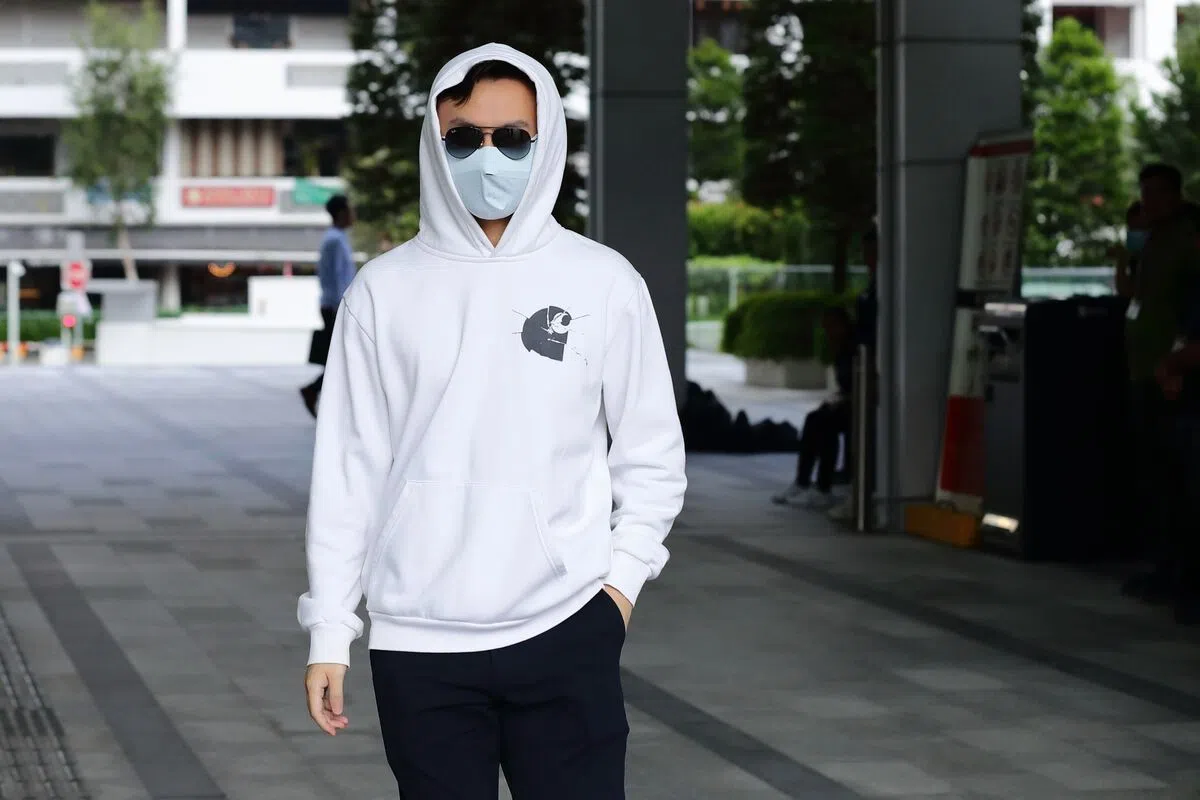LESS than two years out of college, Wang Qiming was making waves within Citibank Singapore by bringing in millions in deposits from his rich clients.
At Swiss private bank Julius Baer in Singapore, Liu Kai was riding high. The young executive director was the envy of rivals that were trying to win more business from wealthy Chinese customers, and he was poached by another bank in 2022.
The two former relationship managers were criminally charged on Aug 15 for allegedly facilitating the movement of illicit funds by several China-born individuals involved in Singapore’s largest-ever money laundering case. The charges, the first against financial professionals linked to the sprawling S$3 billion scandal, have raised questions about how some of the world’s most sophisticated banks vetted their customers – and how they screened their own employees.
Over the past few years, the wealth management and private banking arms of global financial institutions have competed fiercely to woo high net worth individuals from mainland China. Firms including Citigroup, UBS Group, Standard Chartered and DBS Group Holdings assembled teams of Mandarin-speaking private bankers and relationship managers in the wealth hubs of Singapore and Hong Kong. They rewarded employees handsomely for bringing in deposits and generating fees from Chinese clients. Top bank executives also spoke publicly of their ambitions to grow assets from China’s rich.
Wealth bankers are key service providers that help individual clients with services from making deposits and fund transfers, to advising them on where to put their money and selling them investment products. The competition between banks for Chinese talent in this sector was also intense.
Suspicious transactions
Singapore’s record money-laundering scandal first became public in August 2023, when police in the city-state arrested 10 China-born individuals who in some cases held passports from countries including Turkey, Cambodia and Cyprus. Authorities also seized cash, luxury cars, watches, handbags, jewelry, real estate and other assets. The 10 individuals – who are all from China’s southern Fujian province – have since been convicted of laundering ill-gotten gains from online gambling and other offences, and were each sentenced to jail terms between 13 and 17 months.
BT in your inbox
Start and end each day with the latest news stories and analyses delivered straight to your inbox.
The criminals and their close associates, together with companies they controlled, held more than S$370 million at more than a dozen financial institutions, according to court records compiled by Bloomberg.
Wang and Liu are both Chinese nationals. Wang, now 26 years old, graduated from the University of Melbourne in December 2019 with a Bachelor of Commerce degree, then earned a Masters of Science with a Financial Technology specialisation in 2020 from Nanyang Technological University in Singapore, according to school records.
He joined Citigold Private Client, a Citi wealth management unit which caters to customers with at least S$1.5 million. Wang also hailed from Fujian province, according to a passport document seen by Bloomberg News.
Wang conspired with Su Baolin and Vang Shuiming, who are among the 10 now-convicted criminals. The charge sheets said that in late 2020, Wang held S$481,678 in cash that was among Su’s ill-gotten assets, and that Wang also engaged “in a conspiracy” with Su to forge documents to cheat banks. Vang’s wife had accounts with Citibank, according to police records.
Over the course of 2021, Wang helped to forge documents from Indonesian companies and other paperwork to mask the source of deposits into Citibank accounts, the charge sheets alleged. The individual deposit amounts had similar numerical patterns, of S$999,980, US$299,980 and S$1,999,980, according to the charges.
Inside Citi, Wang’s performance raised eyebrows among some colleagues. The bank filed suspicious transaction reports on him to Singapore’s white collar crime department, according to people familiar with the matter who asked not to identified because the information is private.
One of the charge sheets said that in November 2021, Wang lied to a Singapore immigration officer at the airport that he had lost his passport, when it had actually been surrendered to the police. That indicates authorities were investigating him at the time. Wang also deleted the WhatsApp messaging app from his mobile phone in October 2021, one of the charge sheets said.
Wang left Citibank in April 2022, more than a year before the money-laundering scandal erupted into the public domain. A Citi spokesperson confirmed Wang’s departure, and said the bank does not comment on matters that are before the courts. Wang faces 10 charges, and the maximum penalties under them include fines and jail terms.
High flyer
Liu, who is also known as Kelvin Liu, was 29 years old when he joined Bank Julius Baer in Singapore in 2019 after previously working at Credit Suisse. He was appointed as an executive director and helped generate millions of US dollars in revenue for Julius Baer, according to a person familiar with the matter who asked not to be identified sharing private information.
Liu spoke good English and was well paid for his age, the person said. He also attained Singapore permanent residency, according to his charge sheet.
Singapore authorities allege that Liu helped Lin Baoying – one of the 10 now-convicted money launderers – use a forged Chinese tax document to open a Julius Baer bank account in Switzerland in November 2020, and that Liu knew the document was fake.
Liu was headhunted for Goldman Sachs Group’s Singapore unit, according to another person familiar with the matter who asked not to be identified, and he left Julius Baer in June 2022. He left Goldman recently after working there for about two years, according to records with the Monetary Authority of Singapore (MAS).
Julius Baer said it is cooperating fully with authorities, and declined to comment on his tenure at the bank “as investigations are ongoing.” Goldman said the firm is not a party to the case in which Liu was charged.
Wang and Liu are both currently out on bail, and are scheduled to reappear in court next month. Their lawyers didn’t immediately respond to questions about their past employment.
“One must also question the banks in terms of their due diligence in hiring decisions, and also the apparent ease with which forged documents could be used to establish and continue the banking relationships for those involved,” said Mak Yuen Teen, a business professor at the National University of Singapore. “Clearly, there are problems with the banks’ checks and controls,” he added.
Singapore regulators have pledged to come down hard on financial-sector representatives and institutions that break the law. The MAS has been inspecting multiple banks, and lenders with the most dealings with the criminals could face fines and other punitive measures, Bloomberg previously reported. BLOOMBERG






